I suspect Menashe’s appeal will be somewhat limited in Asheville — which is a shame, because this is a beautiful example of heartbreakingly personal filmmaking that renders the foreign and obscure universally relatable in a way that few films achieve. But that very sense of Otherness will likely preclude broad audiences from fully embracing Menashe for what it is — a film about a father’s devotion to his son, albeit told through a Hasidic lens.
The fact that this picture focuses on Orthodox Jewry may not be completely unique in and of itself, but what is relatively unusual is the level of commitment to that central conceit that director Joshua Z. Weinstein, himself not a member of the Haredic community, manages to maintain throughout the film. I may just have Darren Aronofsky on the brain because his latest film opens on Friday, but his use of the Brooklyn Hasidim in his feature debut Pi amounts to little more than a plot device, and it’s difficult not to contrast his almost unidimensional representation of shadowy zealots with Weinstein’s particularly nuanced interpretation of his characters. Despite the fact that the vast majority of the film’s dialogue is in Yiddish, Weinstein presents his cast as people first and Jews second, even though their lives and circumstances are so completely dominated by their religious affiliation.
The line between narrative and documentary is increasingly blurred as we follow the character Menashe — played by nonprofessional actor Menashe Lustig in a role that shares not only his name but many pertinent details of his real life. A recently widowed father who’s more than a bit of a screw-up, Menashe struggles to make ends meet as a clerk at a kosher grocery store so that he can maintain a home for his young son. His schlubbiness puts him at odds with his late wife’s brother as well as the community’s rabbi, so when they take a hard-line interpretation of the Torah’s dictum that a single man can’t raise a child on his own, he’s already overextended their indulgences — putting him in a tough spot when it comes to preventing his more successful brother-in-law from taking custody of the boy.
This all sounds like the setup for a relatively straightforward family melodrama, but the immediacy and directness of Lustig’s portrayal of the fictional Menashe create such an indelible presence on screen that it’s impossible not to identify with him even as we watch him fail frequently and predictably. It’s a performance that’s tragicomic in the most honest sense of that term, and Lustig is the linchpin that keeps Weinstein’s narrative debut from coming apart at the seams.
While it might be easy to assume that you have little in common with the Hasidim of Crown Heights or Borough Park, the devout orthodoxy of these Haredic enclaves is not the point Weinstein’s trying to make with Menashe. Instead, this is a thoughtful examination of an outsider constantly trying succeed in world where the deck seems perpetually stacked against him — de Sica’s neorealist classic Umberto D. comes to mind — and while the stakes are high for Menashe, they’re also painfully relatable. Don’t expect a fairy-tale ending, but if you’re prepared to walk a mile in another man’s tallit, you’ll find Menashe well worth your time. Rated PG for thematic elements. Yiddish with English subtitles. Opens Friday at Fine Arts Theatre.




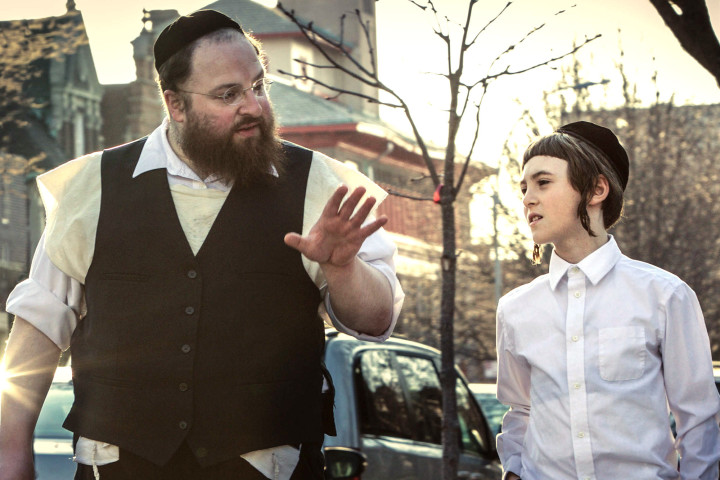
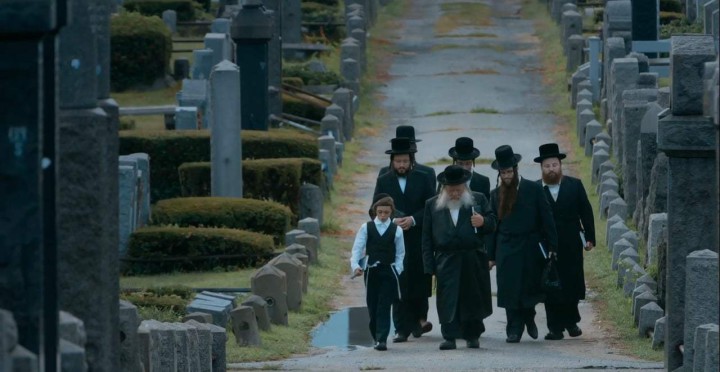
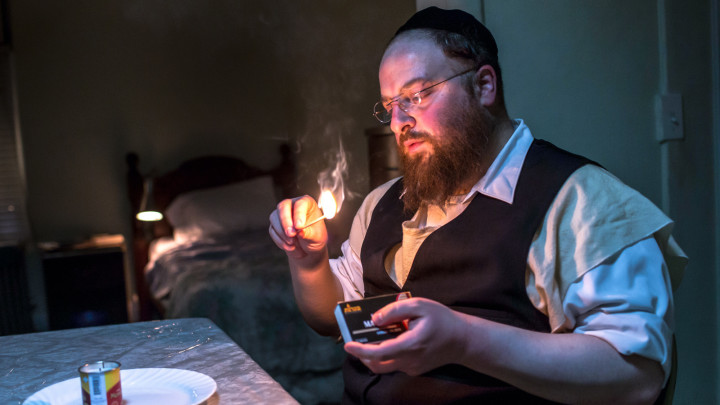
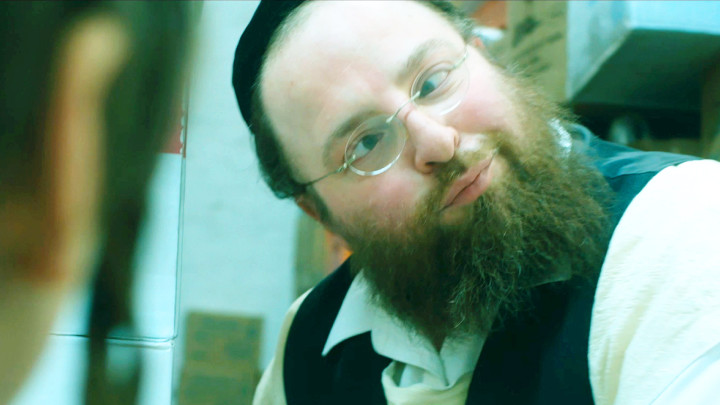
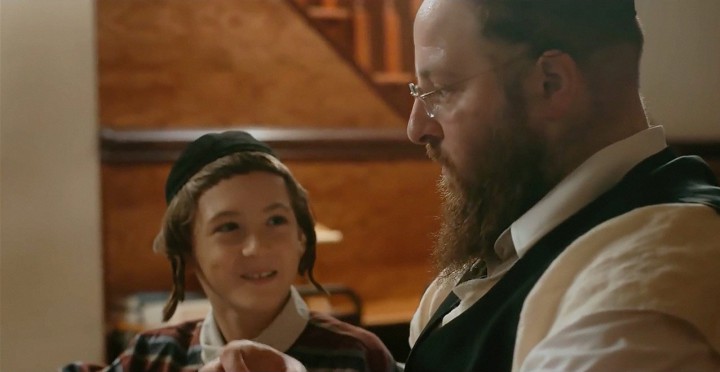
Before you comment
The comments section is here to provide a platform for civil dialogue on the issues we face together as a local community. Xpress is committed to offering this platform for all voices, but when the tone of the discussion gets nasty or strays off topic, we believe many people choose not to participate. Xpress editors are determined to moderate comments to ensure a constructive interchange is maintained. All comments judged not to be in keeping with the spirit of civil discourse will be removed and repeat violators will be banned. See here for our terms of service. Thank you for being part of this effort to promote respectful discussion.